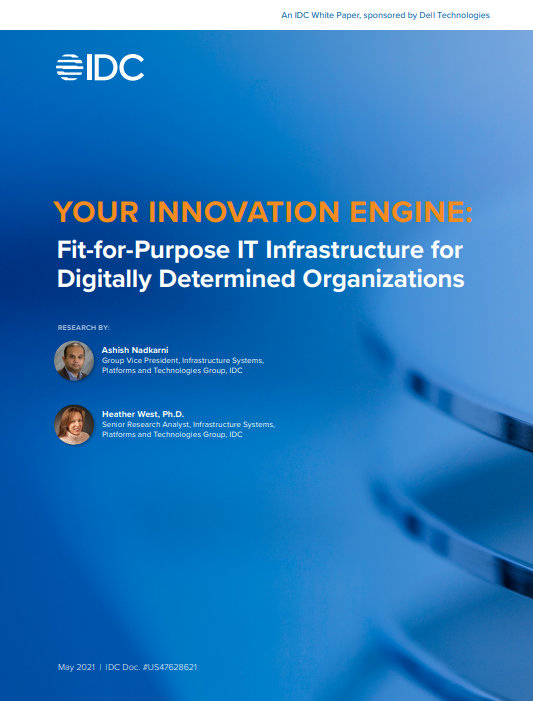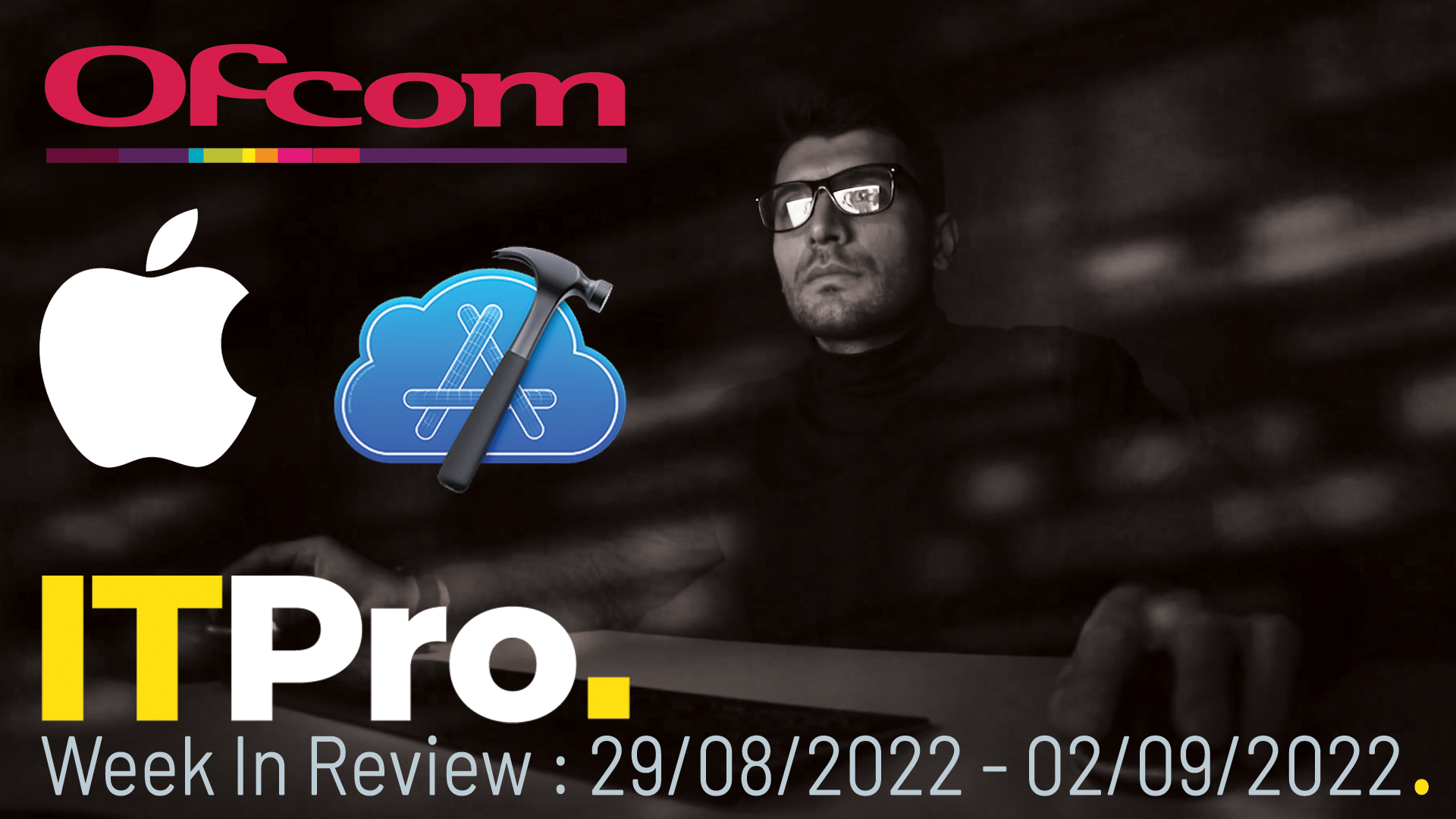ITSM: The secret to scalability lies with a modern IT department
IT service management is helping to transform the image of tech support

Rightly or wrongly, IT support is often the most loathed department in a company. Traditionally, it's often associated with ineffective support desks that are inundated with technical issues, leaving employees sitting around potentially days at a time while relatively minor problems await a fix.
Ironically, for a department that is focused on the maintenance of technology, its processes have often felt horribly old-fashioned.
These issues have become more apparent as companies have started shifting their applications and services to the cloud.
By moving lots of their internal processes away from isolated on-premise servers, companies have been able to avoid many of the problems that would plague traditional operations. Server outages causing downtime, the frantic recovery of data from a failed machine, and even installation faults on software are issues that have largely been resigned to the past.
Try a modern ITSM help desk that's easy to use and simple to configure, with a 21-day free trial.
The struggle to stay relevant
Unfortunately, the IT support desk has struggled to keep pace with the speed of change. Any inefficiencies a department may have are compounded by the need to support an ever growing number of cloud-based applications, each with their own third-party integrations and their own associated technical glitches. What's more, as hot-desking has become increasingly popular among businesses, IT now needs to support a cohort of employees who want to be able to work from anywhere and access their company's systems at any time.
Without the deployment of a sophisticated solution, IT problems within a company can begin to mount up, which is frustrating not just for employees, but by extension their customers. It's of little surprise, then, that companies are looking to modernise their setups, as they attempt to scale up their operations and deliver more reliable services to their customers.
ITSM - turning IT support into an omnipotent overlord
IT service management (ITSM) has become the de facto approach to creating an IT department that works to develop the business, rather than spend its time putting out fires.
Simply put, ITSM is a framework for how you manage your systems and ensure they deliver value to your customers. Uniquely, it encourages a company to think of its IT department as less of a maintenance cupboard, and more as a tool for boardroom decision making.
For example, a traditional IT department setup may have support agents all working on an ad-hoc basis, responding to issues as they encounter them and ticking a box to say the issue has been resolved.
However, a system based on ITSM principles would instead streamline this process through automation and greater management oversight. Tickets are automatically assigned to agents based on their expertise, ranked in order of priority, and are closely monitored to see whether the solution did in fact fix the problem. What's more, the added oversight provides a way to track repeat faults, and allow agents to better predict and diagnose future failures.
Although a number of framework types exist within the boundaries of ITSM, how these will impact your day-to-day processes will largely depend on the type of business you operate. However, their fundamental purpose is to support the creation of a structured IT department based on standardised procedures, that more closely reflects the modern age - one that has a presence across the entire business and is proactively working to look for faults.
What you get out of ITSM is up to you
Most of the benefits of ITSM, and the reasons why companies are turning to the framework, can largely be placed into two categories: those that engender procedural change, and those that help expand a business.
It's unlikely that a business will need to overhaul every aspect of their IT department, and it may be that a company is only after a handful of changes.
For some companies the attraction of sophisticated internal procedures is enough of a sell. By making the entire process more efficient and reducing the potential downtime of a system, a company is able almost immediately to cut down on costs, and maintain a consistent end user experience.
The standardisation principle also allows employees and customers to receive the same quality of service regardless of the agent they are assigned, and improved transparency and a self-service approach means they're far less likely to become frustrated by a lack of communication or information regarding their issue.
While ITSM is designed to remove the headaches of managing internal systems, its real value lies in its ability to support the business going forward. With the IT department working to help deliver business goals, there will be an opportunity to use the new structure to scale up and develop new capabilities. It may be that as an IT department becomes faster at dealing with tickets, it frees up more time to spend refining existing services, or introducing new customer-facing applications.
What you get out of it really depends on the needs of your company, but whether it's the need to modernise, deliver on a customer experience, or the need to scale without the associated headaches, ITSM provides something for everyone - perhaps even a nice word about your IT department for a change.
About Freshservice
Freshservice is a cloud-based ITSM software provider specialising in automated IT help desk tools. Its solutions are designed to be easy to setup with minimal user customisation, and are highly scalable to the needs of a business. It provides ITSM software, as well as a complete help desk tool, to over 100,000 clients.
Services include:
Incident management SLA policy management Automation Self service portal for employees Change management Advanced analytics
The company is part of the larger Freshworks group, which was founded in 2010 by Girish Mathrubootham and Shan Krishnasamy. The group successfully passed multiple funding rounds and became Google Capital's first foreign investment, securing $31 million in 2014. Today the company has offices in San Francisco, London, Sydney, and Berlin.
Picture: Bigstock
Sign up today and you will receive a free copy of our Future Focus 2025 report - the leading guidance on AI, cybersecurity and other IT challenges as per 700+ senior executives
ITPro is a global business technology website providing the latest news, analysis, and business insight for IT decision-makers. Whether it's cyber security, cloud computing, IT infrastructure, or business strategy, we aim to equip leaders with the data they need to make informed IT investments.
For regular updates delivered to your inbox and social feeds, be sure to sign up to our daily newsletter and follow on us LinkedIn and Twitter.
-
 The modern workplace: Standardizing collaboration for the enterprise IT leader
The modern workplace: Standardizing collaboration for the enterprise IT leaderHow Barco ClickShare Hub is redefining the meeting room
-
 Interim CISA chief uploaded sensitive documents to a public version of ChatGPT
Interim CISA chief uploaded sensitive documents to a public version of ChatGPTNews The incident at CISA raises yet more concerns about the rise of ‘shadow AI’ and data protection risks
-
 Protecting CIOs' IT budgets is "paramount" in maintaining business growth
Protecting CIOs' IT budgets is "paramount" in maintaining business growthNews If CIOs are forced to make emergency budget cuts, they should also explain the risks to high level stakeholders so the responsibility is shared
-
 The IT Pro Podcast: Accelerating digital transformation
The IT Pro Podcast: Accelerating digital transformationIT Pro Podcast Implementation is just as important as the value of change
-
 Podcast transcript: Accelerating digital transformation
Podcast transcript: Accelerating digital transformationIT Pro Podcast Read the full transcript for this episode of the IT Pro Podcast
-
 Fit-for-purpose IT infrastructure for digitally determined organisations
Fit-for-purpose IT infrastructure for digitally determined organisationsWhitepaper Your innovation engine: Guiding organisations through change in the new digital economy
-
 IT Pro News in Review: CIOs face a challenge, Ofcom's telecom fines, Apple expands Xcode
IT Pro News in Review: CIOs face a challenge, Ofcom's telecom fines, Apple expands XcodeVideo Catch up on the biggest headlines of the week in just two minutes
-
 CIO role has 'drastically changed' over last 24 months, says Lenovo
CIO role has 'drastically changed' over last 24 months, says LenovoNews Globally survey suggests chief information officers have greater influence over their company now the role has expanded beyond technology
-
 How can CIOs help to close the tech skills gap?
How can CIOs help to close the tech skills gap?In-depth The most well-equipped IT leaders can take a number of practical steps to close the divide within their organisations
-
 What is a virtual CIO (vCIO) and does your business need one?
What is a virtual CIO (vCIO) and does your business need one?In-depth With tech skills in short supply, organisations are turning to temporary expertise to see through critical digital transformation projects

